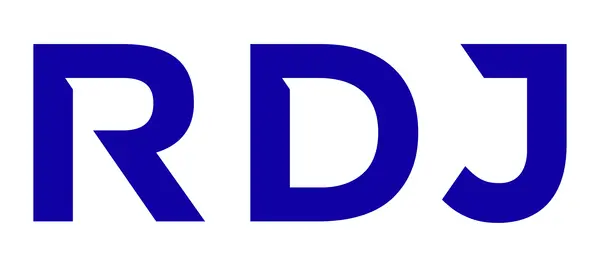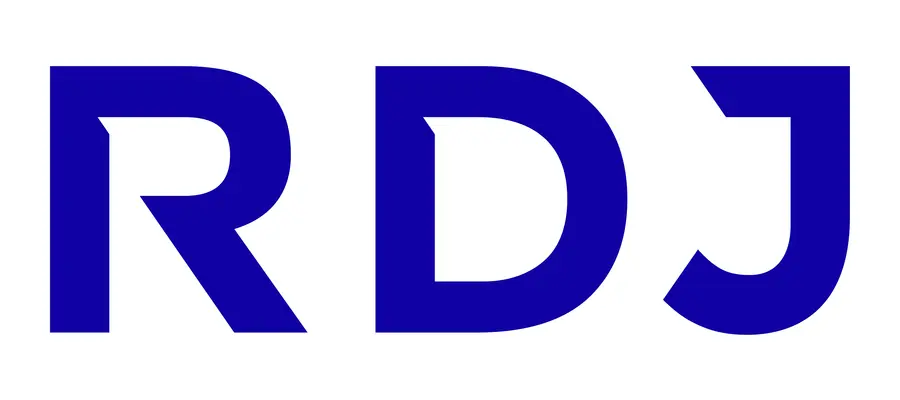
One of Ireland’s leading corporate law firms
Telephone: +353 (0)21 480 2700
Website: https://www.rdj.ie/
An employee is absent from work and has submitted a medical certificate citing work related stress. This employee is currently engaged in an ongoing disciplinary process. How do we handle this?
It is not uncommon for an employee to go on sickness absence once a disciplinary process has been initiated. Such a scenario presents a difficulty for employers as they are faced with the task of dealing with parallel processes i.e.. dealing with the absence from the workplace and the disciplinary process. It is important that an employer manages the situation carefully and fairly, and in line with its own policies and procedures.
The legal position ⚓︎
The Safety, Health and Welfare at Work Act 2005 requires employers to ensure the health, safety and welfare of employees whilst at work and, amongst other things, provide a safe place of work. Furthermore, employers have an obligation to assess the working environment for systems and practices which may lead to health and safety hazards to include stress, and put in preventative measures where necessary. An employer also owes its employees a common law duty to take reasonable care to ensure their health and safety at work, including safety from work related stress.
When complaints of work related stress arise, employers should identify the source of the stress and take appropriate steps to address those causes.
Employers that do not address or deal effectively with work related stress concerns and/or allegations may fall foul of their obligations and duty of care to employees, and could potentially be exposed to claims from employees.
Dealing with parallel processes ⚓︎
With respect to the employee’s absence, the employer should commence its absence management process in line with its own policies and procedures. The employee should also be referred to the company’s occupational health advisor who can assess the employee’s work related stress from an occupational health standpoint. Medical advice can be sought from the occupational health advisor to ascertain the employee’s fitness for work, their fitness to engage in the disciplinary process and any other process, and whether there is anything the employer can do to assist the employee. The employee may be unfit to attend work but may still be fit to engage with the disciplinary process and it will be for the occupational health advisor to advise as to whether engaging in the process will have a negative impact on the employee’s health and wellbeing.
If the employee has been deemed to be medically fit to proceed and engage with the disciplinary process, then the process may continue subject to any potential necessary adjustments. Possible adjustments to the disciplinary process could include dealing with the matter in writing, allowing the employee to have regular breaks or permitting the employee to be accompanied by someone other than an employee or trade union representative.
If the employee is not fit to engage with the disciplinary process, this should be paused until such time as he or she is certified as medically fit to do so.
Other considerations ⚓︎
The employer needs to ensure that they approach any allegation of work related stress with sensitivity.It is advisable that the employee be reminded of the availability of any Employee Assistance Programme offering access to confidential support services.
The employee should be made aware of the company’s grievance policy, bullying and harassment policy and any other policy that may be appropriate.
Currently an employer is not obliged to pay an employee while he or she is on sick leave. This will change shortly as we expect the government to introduce a Statutory Sick Pay scheme this year. As matters stand it is at the discretion of the employer to decide its policy on sick pay and sick leave. In this situation where the employee is certified as unfit for work, if the company has a sick pay policy this will apply.
On notification that an employee is absent from the workplace due to work related stress, it is advisable that the employer notifies its insurance company in the event that the employee subsequently issues a claim against the employer.
Potential claims ⚓︎
Employers should be mindful that failure to tackle the management of work related stress or to deal effectively with allegations of work related stress runs the risk of civil liability. Should an employee suffer personal injuries as a result of work related stress it is open to them to pursue a personal injuries claim through the civil courts. An employee will need to establish the following elements in order to successfully proceed with a personal injuries claim due to work related stress:
- There needs to be a recognisable psychiatric injury diagnosed by a qualified medical professional;
- The injury must be attributable to workplace stress;
- There must be some form of negligence or breach of duty on the part of the employer which brought about or exacerbated the stress; and
- The injury caused must have been reasonably foreseeable by the employer.
An employee, who has at least twelve months continuous service, may also consider taking a constructive dismissal claim under the Unfair Dismissals Act 1977 – 2021. Constructive dismissal arises where an employee terminates his or her contract of employment, with or without prior notice, due to the conduct of the employer. The employee must demonstrate that they were justified in their decision to terminate their contract and that they had no option but to resign due to work related stress.
Conclusion ⚓︎
Studies have revealed that a significant number of workers in Ireland are feeling more stressed since the onset of Covid-19, given the unprecedented change to the way we work, and the additional strain placed on workers. It is essential that employers keep up to date with guidance regarding work related stress and that policies, procedures and risk assessments are kept under regular review. Employers should adopt a positive approach to monitoring wellbeing in the workplace which will not only decrease the possibility of claims related to work related stress but should lead to a healthier and more productive workforce.
When faced with an allegation of work related stress, employers should ensure that they adhere to their own policies and procedures, and obtain appropriate medical advice and legal advice where necessary.
Continue reading
We help hundreds of people like you understand how the latest changes in employment law impact your business.
Please log in to view the full article.
What you'll get:
- Help understand the ramifications of each important case from NI, GB and Europe
- Ensure your organisation's policies and procedures are fully compliant with NI law
- 24/7 access to all the content in the Legal Island Vault for research case law and HR issues
- Receive free preliminary advice on workplace issues from the employment team
Already a subscriber? Log in now or start a free trial
